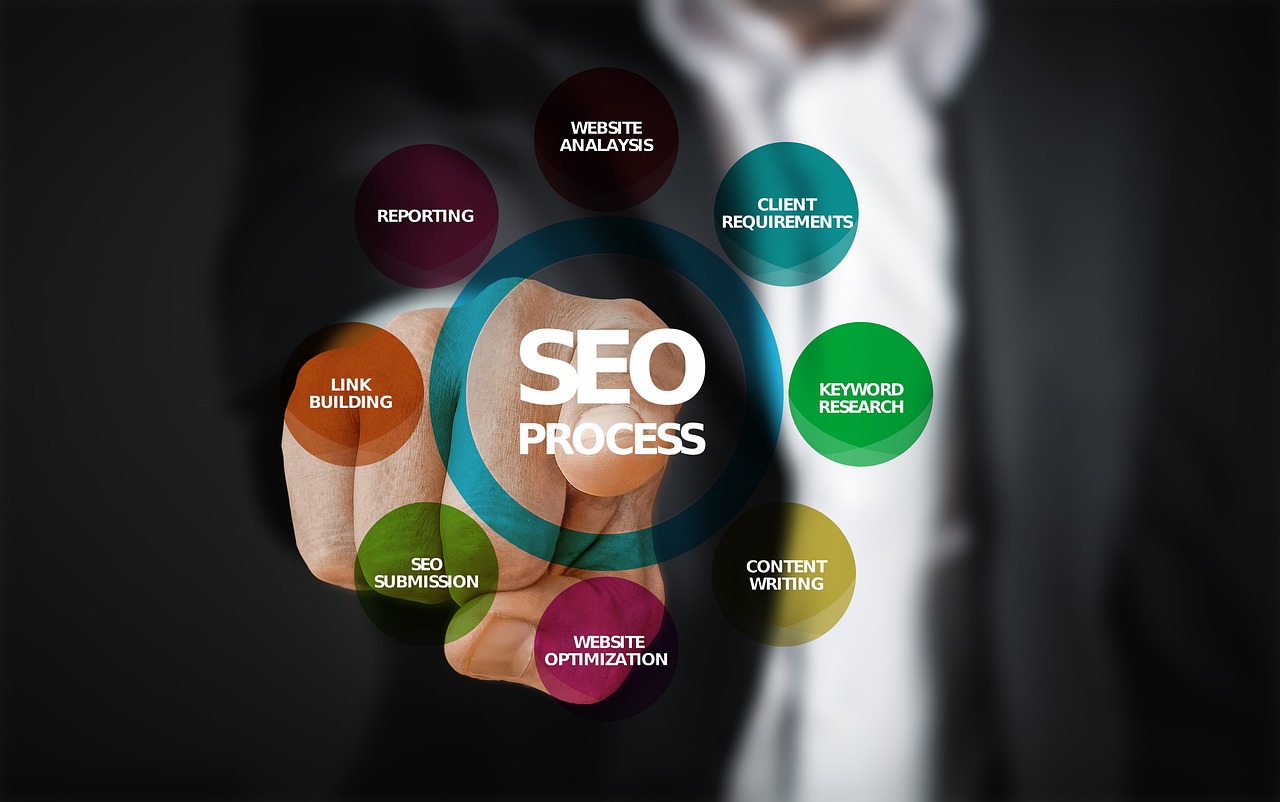Businesses in London, Ontario, face increasing competition in the digital landscape. To gain visibility and attract customers, many are turning to SEO services. Effective SEO services in London, Ontario, can significantly enhance a business’s online presence and drive organic traffic.
These services typically include keyword research, on-page optimization, and link-building strategies tailored to the local market. By understanding the specific needs of London businesses, SEO professionals can create targeted campaigns that yield measurable results.
Choosing the right SEO provider can make all the difference. With the right expertise, businesses can improve their search engine rankings and engage their target audience more effectively.
Comprehensive SEO Services in London Ontario
SEO services London Ontario, are designed to enhance online visibility and improve search rankings. These services encompass various strategies tailored to local businesses, ensuring effective outreach and engagement with the target audience.
Local SEO Strategies
Local SEO is crucial for businesses in London, Ontario, as it helps them appear in local search results. Key elements include optimizing Google My Business listings with accurate information like address, phone number, and business hours.
Utilizing local keywords relevant to the London area boosts visibility in search engines. For instance, terms like “London ON plumbing” or “restaurants in London Ontario” are significant.
Encouraging customer reviews on platforms such as Google and Yelp can increase trust and improve rankings. Creating location-based content also resonates well with local users, driving more traffic to the business’s website.
On-Page Optimization Techniques
On-page optimization focuses on improving individual web pages to rank higher. Effective techniques include optimizing title tags and meta descriptions with relevant keywords tailored for London audiences.
Utilizing header tags (H1, H2, H3) helps structure content and allows search engines to understand the page’s hierarchy. Incorporating internal links enhances navigation and potentially increases the average time visitors spend on the site.
A mobile-friendly design is essential, considering a significant number of users browse on mobile devices. Fast loading times and high-quality, relevant content help keep visitors engaged, reducing bounce rates and improving overall performance.
Off-Page Optimization Approaches
Off-page optimization involves activities outside the website to improve rankings. Link building is a vital strategy in this regard, where acquiring high-quality backlinks from reputable London sites enhances domain authority.
Social media engagement can also impact SEO positively. Sharing content on platforms like Facebook, Instagram, and Twitter increases visibility and drives traffic to the website.
Participating in community events or local sponsorships can attract attention and create link-building opportunities. Collaboration with local influencers can further amplify reach and credibility among targeted demographics, establishing a solid online presence.
Measuring and Reporting SEO Success
Measuring and reporting SEO success involves detailed tracking of various metrics and an ongoing process of improvement. Understanding these elements is crucial for optimizing strategies and demonstrating value to clients.
Analytics and Metrics
Effective SEO measurement depends on using the right analytics tools. Google Analytics is a standard choice, providing insights into traffic sources, user behavior, and conversion rates. Key metrics to focus on include:
- Organic Traffic: The number of visitors arriving from search engines.
- Keyword Rankings: Tracking positions for targeted keywords over time.
- Bounce Rate: The percentage of visitors who leave after viewing only one page.
- Conversion Rate: The percentage of visitors who complete desired actions, like purchases or sign-ups.
Setting up goals in Google Analytics helps in assessing the performance based on user actions. Regularly reviewing these metrics allows for identifying areas needing attention.
Continuous Improvement Process
SEO is not a set-it-and-forget-it strategy; it requires continuous refinement. Regular audits and performance assessments are vital for maintaining and improving rankings.
Continuous improvement steps include:
- Keyword Re-evaluation: Assessing current keywords for relevance and search volume.
- Content Updates: Refreshing old content to keep it relevant and engaging.
- Link Building: Building quality backlinks to boost domain authority.
- Technical SEO Checks: Ensuring website speed, mobile-friendliness, and crawlability.
Implementing these steps consistently leads to improved visibility and better ROI. Monitoring results will guide adjustments, ensuring ongoing alignment with business goals.

 Join Daily Trust WhatsApp Community For Quick Access To News and Happenings Around You.
Join Daily Trust WhatsApp Community For Quick Access To News and Happenings Around You.


